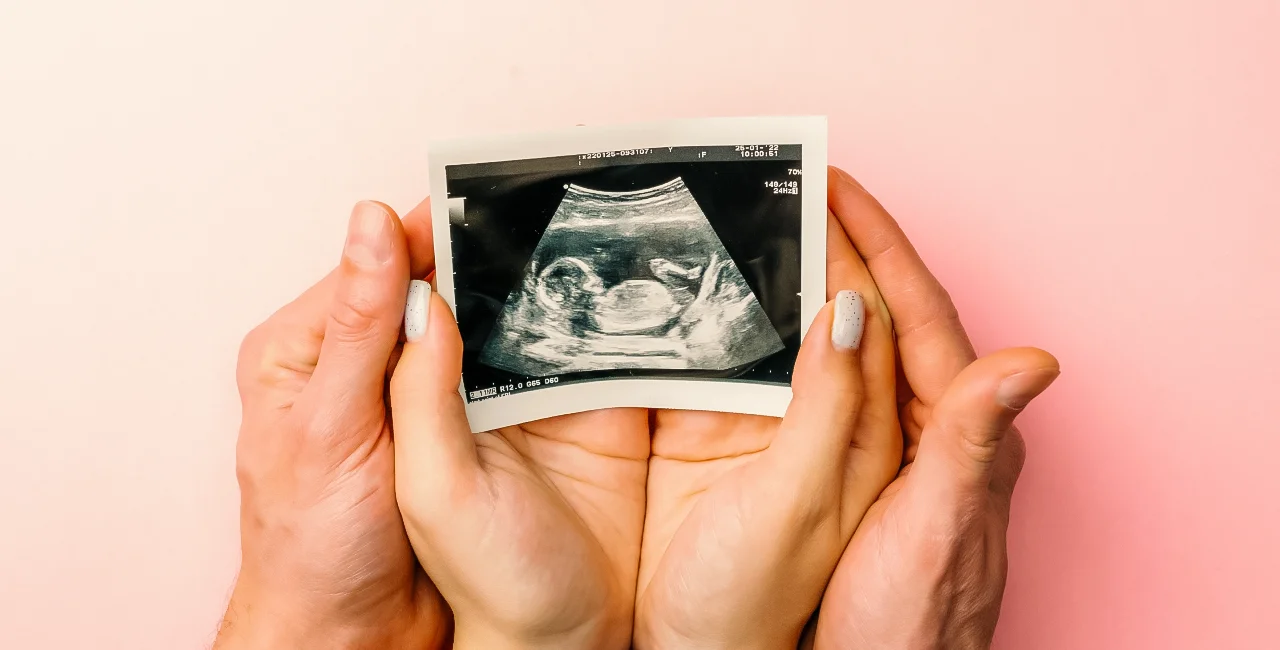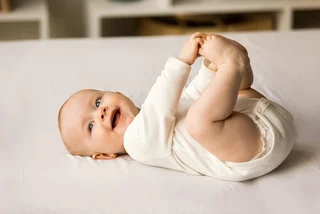Czechia is taking action to protect the health of women who donate their eggs for in-vitro fertilization (IVF). A planned amendment to the Act on Health Services, which would limit the number of donations a woman can make in her lifetime, is in the works, local media report.
The amendment aims to address the risks associated with repeated hormonal stimulation, general anesthesia, and ovarian puncture, which can have serious consequences on a woman's health. Health Minister Vlastimil Válek explained last month when talking to the media: "[Existing] literature does not describe…how fatal complications can occur during egg retrieval."
Driven by goodwill rather than money
In addition to limiting the number of donations, the amendment also seeks to establish a maximum amount for financial compensation and restrict advertising for donations. According to member of the Ministry of Health’s advisory department Venuse Škampová, this will prevent unfair competition and ensure donors are not lured in for financial gain. "We will be based on the European recommendation [of payment], where the amount is around EUR 1,000 [CZK 25,100]," Škampová said.
The government asserts that it wants women to donate their eggs not solely for financial profit, but out of inspiration to help other women.
A new database
The Health Ministry also wants to create a register of donors to help limit donation amounts from a single person and ensure people’s safety – though the government emphasizes it will be fully confidential. Clinics will be required to report donor information to the central register.
The database will not only protect the health of donors but also prevent the risk of incest. Štěpán Machač, chairman of the assisted reproduction section of the Czech Gynecological and Obstetrical Society, explains that this risk is low, but still exists.
Important for foreigners
Owing to its relatively liberal laws around egg donation and IVF treatment, the Czech Republic has become a popular destination for foreign couples seeking IVF using donated sex cells in the past two decades. In 2020, over 3,500 foreign women traveled to the Czech Republic for IVF treatment, compared with the less than 900 Czech women who received IVF.
Adult women under the age of 34 can participate in the donation process, who must also meet several other conditions – good physical and mental health, permanent residence and health insurance in the Czech Republic, a height of at least 157 centimeters and a body mass index below 30.












 Reading time: 2 minutes
Reading time: 2 minutes 




























